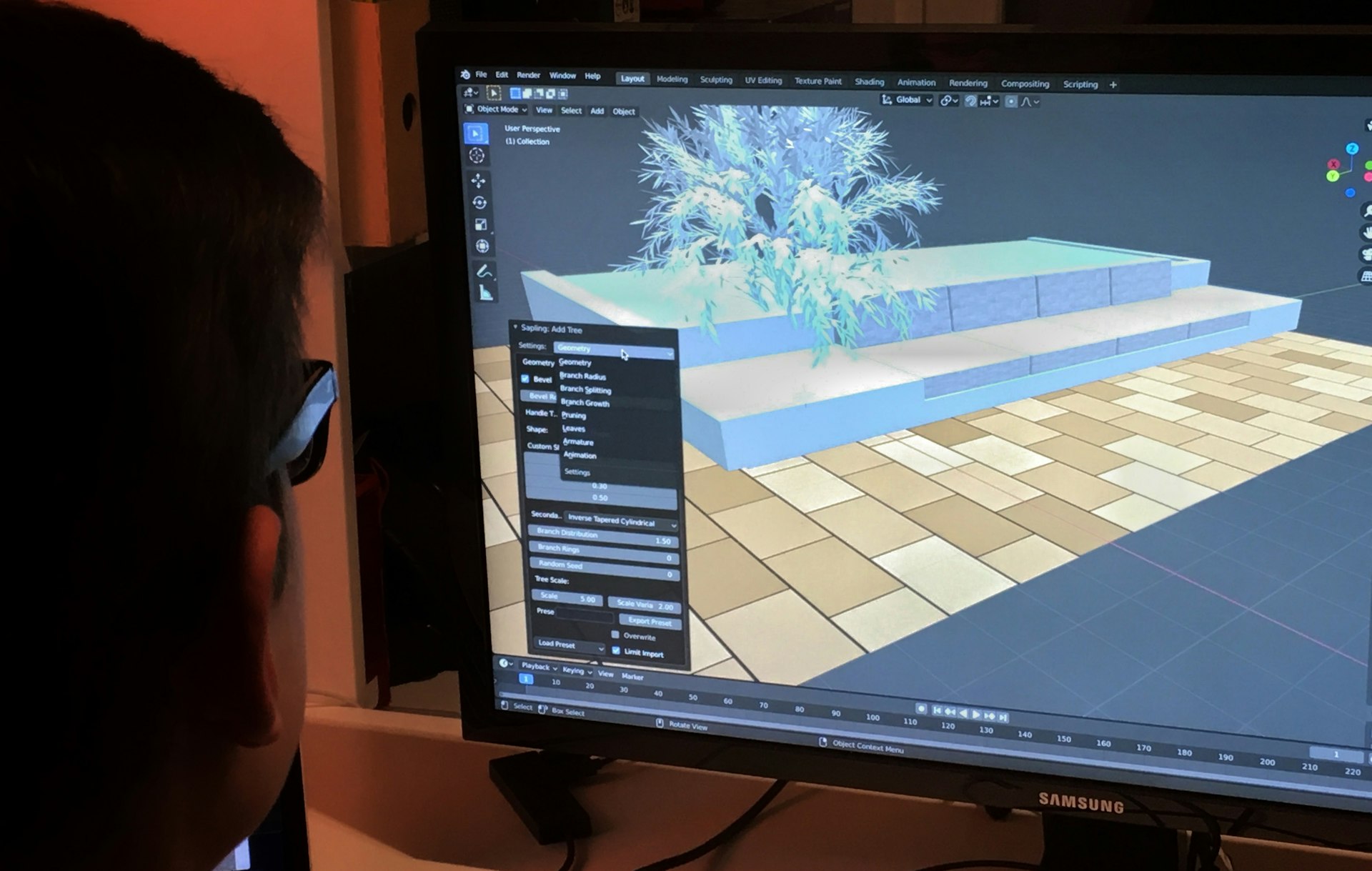Unlocking the Value of Cooperative Gameplay: Building Connections, Skills, and Community

Photo by Joshua Hoehne on Unsplash
Introduction: The Rise of Cooperative Gameplay Experiences
Cooperative gameplay has emerged as a cornerstone of modern gaming, transforming how players interact, collaborate, and build communities. Unlike competitive formats that pit individuals against each other, cooperative experiences invite players to join forces, tackle shared challenges, and celebrate collective victories. This shift reflects broader social trends and technological advancements, resulting in gaming environments that engage, educate, and connect participants on deeper levels [1] .
The Social Impact of Cooperative Gaming
One of the most profound benefits of cooperative gameplay is its ability to foster social interaction and build lasting relationships. Whether playing online with distant friends or locally with family members, the shared journey through a game creates memorable moments that strengthen bonds. According to recent industry insights, these shared experiences have a direct influence on real-world relationships, enhancing trust, empathy, and mutual respect [4] .
Players frequently report that cooperative games help them develop better communication skills. Successful teams must strategize, delegate tasks, and coordinate actions, all of which contribute to improved interpersonal abilities outside the gaming context. In fact, a survey found that 75% of players believe the skills cultivated in co-op gaming translate well to personal and professional life [3] .
Enhancing Teamwork and Problem-Solving Abilities
Cooperative gameplay environments act as training grounds for teamwork and effective problem-solving. In many games, players are assigned distinct roles that require unique skills and responsibilities. This division of labor inspires collaboration, patience, and constructive feedback, mirroring scenarios in workplaces and group projects [3] .
When faced with complex challenges-such as defeating a boss or navigating a puzzle-teams must brainstorm solutions and adapt strategies in real time. This dynamic environment encourages creative thinking and adaptability, making each success a result of shared effort and ingenuity. Moreover, the sense of achievement gained from overcoming obstacles together can be more rewarding than individual accomplishments in competitive settings [1] .
Building Community and Emotional Engagement
Beyond immediate gameplay, cooperative experiences contribute to the creation of active gaming communities . Games that emphasize collaboration attract diverse audiences, including those who may feel intimidated by competitive play. This inclusivity results in vibrant communities where players support one another, exchange tips, and celebrate shared accomplishments [2] .
Developers benefit from these communities, as passionate fans provide ongoing feedback and help shape the future direction of the game. Social media and forums further amplify this effect, as players share stories, organize events, and welcome newcomers. For those looking to join such communities, start by searching for official game forums or social media groups dedicated to your favorite co-op titles. Engage with established platforms such as Reddit or Discord, where groups often form around specific games and interests.
Practical Steps to Access Cooperative Gameplay Experiences
To fully benefit from cooperative gameplay, consider the following actionable steps:
- Choose the Right Game: Research titles that emphasize cooperative play. Look for games with well-established player bases and positive community reviews. Examples include “Overcooked,” “Portal 2,” “Minecraft,” and “Destiny.” Consult official websites and reputable gaming review platforms for up-to-date recommendations.
- Join or Form Teams: If you have friends or family interested in gaming, organize regular co-op sessions. Alternatively, use in-game matchmaking tools or community forums to find teammates with similar interests and playstyles.
- Leverage Communication Tools: Effective teamwork relies on clear communication. Many games offer built-in voice chat or messaging systems. For broader coordination, platforms like Discord or TeamSpeak provide robust solutions for group communication.
- Participate in Community Events: Many games host regular community events, tournaments, or collaborative missions. These occasions offer a chance to meet new players, learn strategies, and deepen your connection to the game world. Check the official game website or community calendar for event listings.
- Practice Teamwork and Constructive Feedback: Use each session to practice giving and receiving feedback, delegating roles, and refining strategies. Treat setbacks as learning opportunities, and celebrate group achievements to build morale.
If you are new to cooperative gaming, consider starting with titles that have accessible tutorials or beginner-friendly communities. You might search for “beginner co-op games” on established gaming portals or video streaming platforms to watch gameplay demonstrations and reviews.
Challenges and Solutions in Cooperative Gaming
While cooperative gameplay offers many benefits, players may encounter challenges such as communication barriers, skill mismatches, or scheduling conflicts. To address these:
- Communication Barriers: Use platforms with reliable chat functions or external communication tools. Encourage open dialogue and clarify strategies before starting missions.
- Skill Mismatches: Choose games with scalable difficulty or roles suited to different skill levels. Many games allow teams to adjust settings to ensure a balanced experience for all participants.
- Scheduling Conflicts: Set regular gaming times and use calendar tools to coordinate availability. Flexibility and understanding among team members help maintain group cohesion.
Should conflicts arise, prioritize patience and empathy. Remember that cooperative gaming is about shared enjoyment and mutual growth.
Alternative Approaches to Cooperative Play
Not all collaborative experiences require traditional co-op game modes. Many single-player games now include asynchronous multiplayer features, allowing players to assist each other indirectly through shared resources or advice. Mobile games and browser-based titles often provide cooperative elements accessible to casual gamers or those with limited hardware.
You can also participate in community-driven projects, such as modding or fan art, which contribute to the cooperative spirit outside the game itself. For those interested, search for “game modding communities” or “collaborative fan art projects” on reputable gaming forums and social networks.
The Future of Cooperative Gameplay
The cooperative gaming trend is expected to accelerate with advancements in virtual reality (VR) and augmented reality (AR). These technologies promise more immersive and interactive environments, where teamwork and social engagement reach new heights [3] . Developers are already exploring cross-platform compatibility, making it easier for players to connect regardless of their chosen device.
If you wish to stay updated on new developments in cooperative gaming, subscribe to official developer newsletters or follow industry news on trusted outlets such as IGN, GameSpot, and Polygon (all verified as reputable gaming news sources).
Conclusion: The Enduring Importance of Cooperative Gameplay
Cooperative gameplay experiences are more than just a trend-they represent a fundamental shift toward inclusivity, personal growth, and community building within gaming. By embracing collaboration, players develop vital social and cognitive skills, form lasting relationships, and contribute to vibrant online and offline communities. Whether you are a seasoned gamer or a newcomer, the world of cooperative play offers opportunities for enrichment, connection, and shared achievement. Take the first step today by seeking out collaborative gaming experiences and engaging with supportive communities.

Photo by Jakub Żerdzicki on Unsplash
References
MORE FROM zestpath.net













